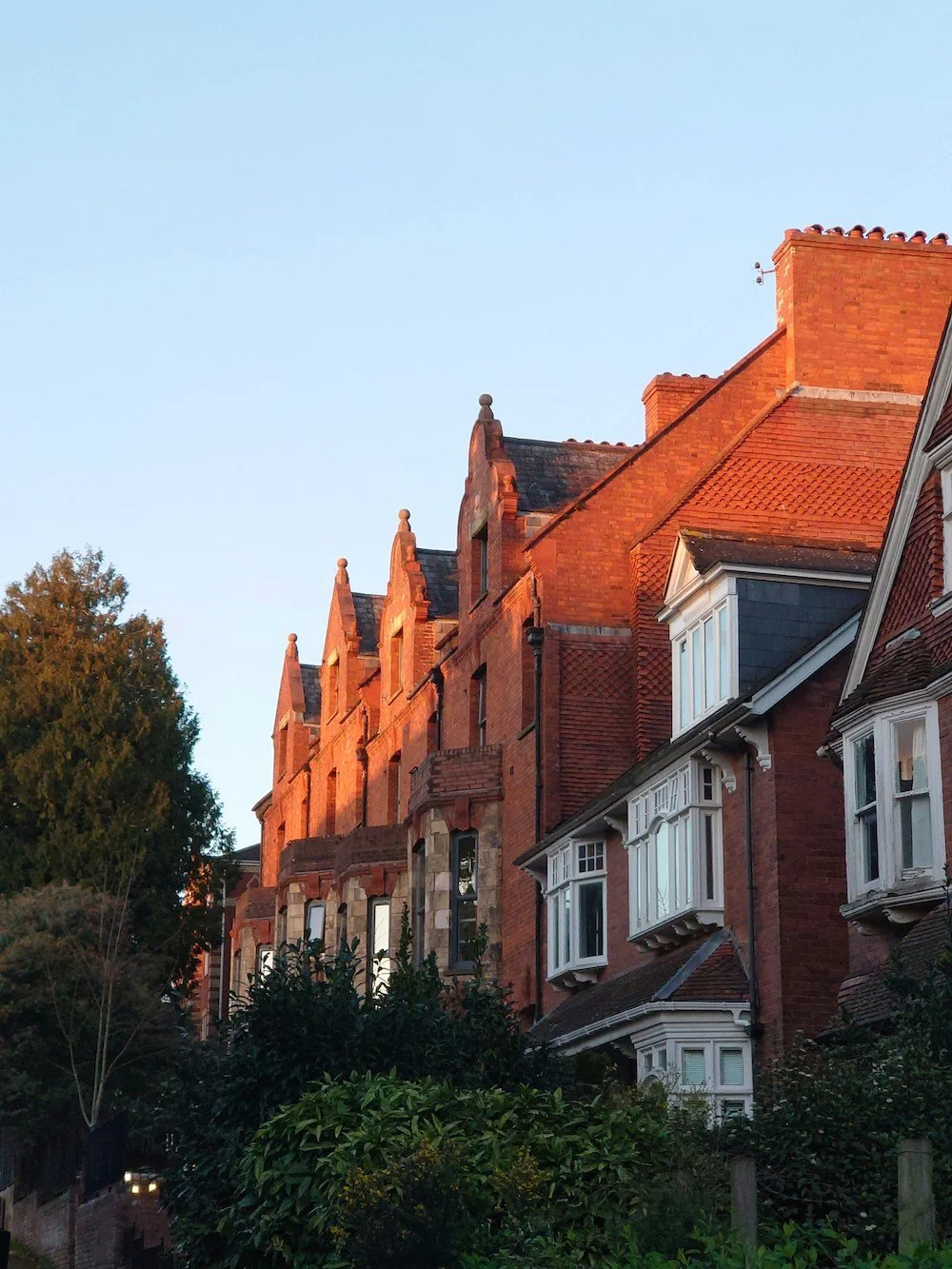Flats, Fees & FOMO: The Property Market is Having a Moment.
Here’s what’s going down in 2025* and what you need to do about it. (*Spoiler: it’s a bit of a rollercoaster!)
If you’ve been keeping half an eye on the property market lately (or even just wondering why every other rental on your street suddenly has a “For Sale” sign up), you’re not alone. And if you’re thinking of making a move to, or within Devon this year, you might be thinking: “I wish I knew someone who’s in-the-know”… It can be mind-scrambling, can’t it?
But fear not, we can help.
As someone in the thick of it day in and day out, we thought we’d ask award-winning agent Jack Merriott McMillian Duncan to share what his Plymouth-based agency, Cross Keys Estates, is seeing out there – trends, tips, and a few red flags to watch out for – all in plain English.
So grab a cuppa, and let’s dive in!
Q/ Jack, what’s new in the UK housing market this year?
Honestly? Landlords are leaving. Fast. We're talking hundreds exiting the market and we can't blame them. Between the rental reform bill, the scrapping of Section 21, extra stamp duty charges, sky-high buy-to-let mortgage rates, and changes to tenancy laws, many landlords are just calling it quits, moving their cash into high-interest ISAs instead.
Meanwhile, housebuilders are trying to squeeze more homes into less space – think tall and narrow properties stacked over three or four floors. And let’s be real: cramming people into tiny flats isn’t solving the housing crisis. Most people still want a house with a garden, a space for the dog, or a safe area for the kids. Flats in big blocks are struggling, especially with the cladding/fire safety issues. Some are literally unsellable right now. Plus, lenders hate anything over 11 floors, and local solicitors aren’t thrilled about doing paperwork on blocks taller than six. So yeah, flats = band-aid, not a fix.
Q/ How are interest rates and the economy messing with the market?
If a house is priced over £400k right now, it’s probably just sitting there. Buyers in that bracket usually sell to buy again, but with borrowing costs up, people aren’t making that leap. So, everything over £400k is bottlenecked, like property gridlock. No movement at the top = no movement below.
Q/Any advice for someone selling in 2025?
Watch out for sneaky agents. Yep, I said it. There are some shady tactics going around. Some agents are telling sellers their homes are worth way more than they really are – by 10–20% in some cases – just to win the listing. It’s called “buying the instruction.” Then, once you’ve signed a 6-month contract, their sales team nudges you to drop the price (and they get commission for that!). Recently I saw a flat listed for £130k that’s worth, at best, £100k. It wasn’t even in great shape. So Jack’s advice is please work with qualified agents who are members of the National Association of Estate Agents.
Q/ We need some good news, so how do you actually sell a house in this market?
One word: PRICE. We’re in a buyers’ market, and if you’re priced too high, forget it – no one’s even coming to view. No viewers = no offers = no sale. It’s that simple. At Cross Keys Estates, we love using guide pricing. For example, if your home’s realistically worth £210k, we’ll list it at “Guide Price £200,000–£225,000” (with £210k as the reserve). That way, more buyers bite, viewings go up, and sometimes we even get a little bidding war going. More interest = better offers and, ideally, a smoother sale with chain-free buyers.
Q/ Are there any cool marketing tools sellers should be using?
Oh yes! We’re big fans of TikTok for property tours and love using drones for those swoon-worthy aerial shots. Honestly, it’s crazy to us that some agents still don’t offer online floor plans – like, how are buyers supposed to plan a future without knowing what goes where? Digital is where it’s at. Eye-catching video tours, smart social media, great photography – it all helps your home stand out in a crowded market.
Q/ What’s the deal with Stamp Duty in 2025?
Ah, the good old property tax. It’s still here, still confusing. For most homes in Plymouth, it’s not a dealbreaker, but just so you know:
£0–£125,000: no tax
£125,001–£250,000: 2%
£250,001–£925,000: 5%
£925,001–£1.5 million: 10%
£1.5 million+: 12%
So if you're buying a house for, say, £295,000, your stamp duty will be about £4,750. Not nothing, but not the end of the world either.
Q/ So tell us what’s happening with rental laws?
The EPC (Energy Performance Certificate) rules are tightening up. Right now, rental properties need an EPC rating of E or above. But by 2030 (maybe sooner!), landlords will need a C rating to legally let a property – unless it’s listed.
So, if you’ve got a draughty old rental, it might be time for an upgrade… or an exit strategy.
Q/ Will sustainability be a legal thing in 2025?
Yes, we’re heading that way. Think solar panels, ground-source heat pumps, triple glazing, EV charging points—and even bee bricks (yep, they exist). Right now, they’re “nice to have,” but give it a few years, and they’ll likely be mandatory, especially in new builds and through planning permissions.
Q/ Should I make my home more eco-friendly before I sell?
Honestly? Most buyers today are still focused on two things: “Can I get a mortgage?” and “Can I afford to live here?” They’re not walking away from their dream home over a lack of LED bulbs or solar panels.
If energy costs keep rising, that might change. But for now, I’d say price out any upgrades – heat pumps, triple glazing, solar panels – and compare the cost to the value uplift. If the math doesn’t work, leave it for the next owner. Plus, if you’re in a flat, making those changes can be a bureaucratic nightmare (hello, freeholders...).







